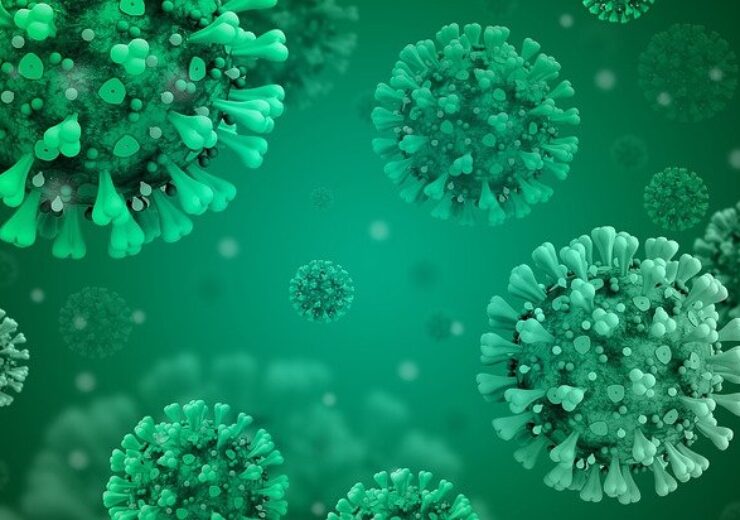In the interim analysis, the vaccine showed efficacy in preventing Covid-19, with no severe cases or hospitalisations after 21 days of first vaccination

AstraZeneca unveils Phase 3 interim data. (Credit: Masum Ali from Pixabay)
AstraZeneca unveiled results from an interim analysis of the Phase 3 programme of its potential Covid-19 vaccine candidate AZD1222, conducted by Oxford University.
Jointly developed by the University of Oxford and its spin-out company Vaccitech, AZD1222 leverages a replication-deficient chimpanzee viral vector based on a weakened adenovirus and contains the genetic material of the SARS-CoV-2 virus spike protein.
The results published in the peer-reviewed scholarly journal ‘The Lancet’, showed that the vaccine is safe and effective in preventing symptomatic Covid-19, and is capable of protecting against severe disease and hospitalisation.
The interim analysis was based on 11,636 participants, accumulating 131 symptomatic infections from the Phase 3 trials conducted by Oxford University in the UK and Brazil.
AstraZeneca chief executive officer Pascal Soriot said: “Today’s peer-reviewed publication enables a full disclosure of the Oxford programme interim analysis. The results show that the vaccine is effective against Covid-19, with in particular no severe infections and no hospitalisations in the vaccine group, as well as safe and well-tolerated.
“We have begun submitting data to regulatory authorities around the world for early approval and our global supply chains are up and running, ready to quickly begin delivering hundreds of millions of doses on a global scale at no profit.”
According to the firm, the primary efficacy endpoint of the programme, based on the pooling of two dosing regimens, showed that the vaccine is 70.4% effective at preventing symptomatic Covid-19, at 14 days after two vaccine doses.
A secondary efficacy endpoint of severe disease prevention demonstrated no cases of severity in infections or hospitalisations in the vaccine group.
Additional analysis of the efficacy regimens demonstrated that when given as two full doses, the vaccine showed 62.1% efficacy, and half dose followed by a full dose showed 90%.
The interim data is from more than 20,000 participants enrolled across four clinical trials, including COV001 and COV002 conducted in the UK, COV003 in Brazil and COV005 in South Africa.
The data confirmed that the adenovirus vector-based Covid-19 vaccine AZD1222 was well tolerated, with no serious safety concerns related to the vaccination.
Oxford Vaccine Trial chief investigator Andrew Pollard said: “Today, we have published the interim analysis of the Phase III trial and show that this new vaccine has a good safety record and efficacy against the coronavirus. We are hugely grateful to our trial volunteers for working with us over the past eight months to bring us to this milestone.”
Separately, AstraZeneca has signed an agreement with Halix, a fully integrated contract development and manufacturing organisation (CDMO) for biologics, for large-scale commercial manufacturing of its Covid-19 vaccine AZD1222.
Under the agreement, Halix will offer commercial manufacturing of drug substance at its advanced cGMP facility at the Leiden Bio Science Park in the Netherlands.
Halix has expanded its operations with two additional viral vector production lines, to meet the increased manufacturing demand.
